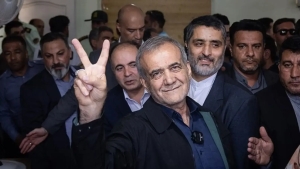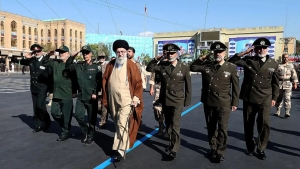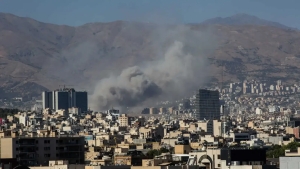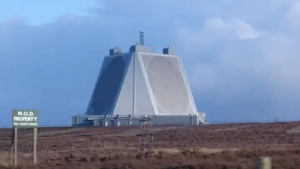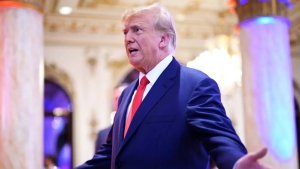Zelenskiy on the verge of a decision regarding the peace plan
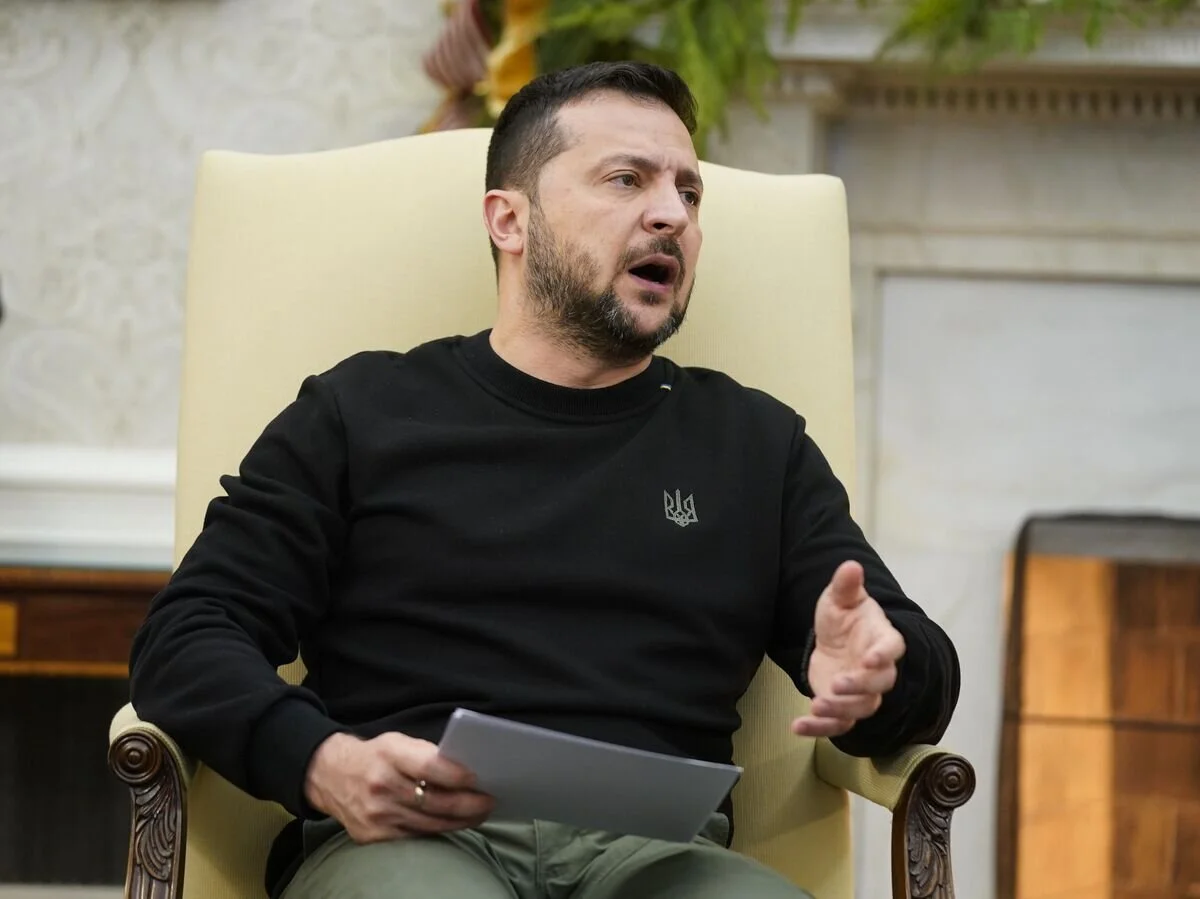
The diplomatic situation around Ukraine is becoming increasingly complicated. This was reported by Zamin.uz.
According to David Ignatius, a journalist for The Washington Post, with the emergence of a new peace plan, Ukrainian President Volodymyr Zelenskiy is on the verge of making one of the most difficult and responsible decisions of his career. The article states that initial negotiations on this plan have been ongoing for more than a month.
Last week, a statement by Rustem Umerov, Secretary of Ukraine's National Security Council, about his readiness to meet with Donald Trump's special envoy Steve Whitkoff in Florida accelerated the process. According to Ignatius's sources, failures of the Ukrainian army in the Donetsk direction and corruption scandals have prompted Washington to seek a new approach to end the war.
At the meeting in Florida, Umerov reportedly indicated that Zelenskiy might consider a compromise on Donbass and the possibility of reducing the army to 600,000 personnel. However, Umerov denied these claims, stating that only technical issues were discussed at that meeting.
The new peace plan document reportedly includes a clause limiting the size of the Ukrainian army. However, European leaders have not supported this proposal.
Sources from The Washington Post noted that this document was presented not as pressure on Kyiv but as a basis for discussion. US officials emphasize the importance of preserving Ukraine's sovereignty.
They state that Ukraine must not be allowed to collapse, as this would pose a threat to all of Europe. The Trump administration has expressed readiness to reconsider the clauses of the peace plan.
Among other things, the issue of softening or canceling the demand to reduce the army is being discussed. Additionally, the delivery of long-range "Tomahawk" missiles to Ukraine is also under consideration.
However, Europe is approaching this matter cautiously. According to information, elections in Ukraine are planned within 100 days after the agreement is signed.
These elections are seen as a way for the people to approve the peace treaty. At the same time, an amnesty clause has been included to protect Zelenskiy and his government from corruption scandals.
The Trump administration is trying not to view this plan as unilateral aid to Russia. Ultimately, Zelenskiy's decision will be decisive.
If he approves the plan, responsibility will shift to Moscow; if he rejects it, the war is likely to continue for another year. This process could mark a new phase for Ukraine, Europe, and the US.
Zelenskiy's choice could determine the geopolitical balance in the region.


